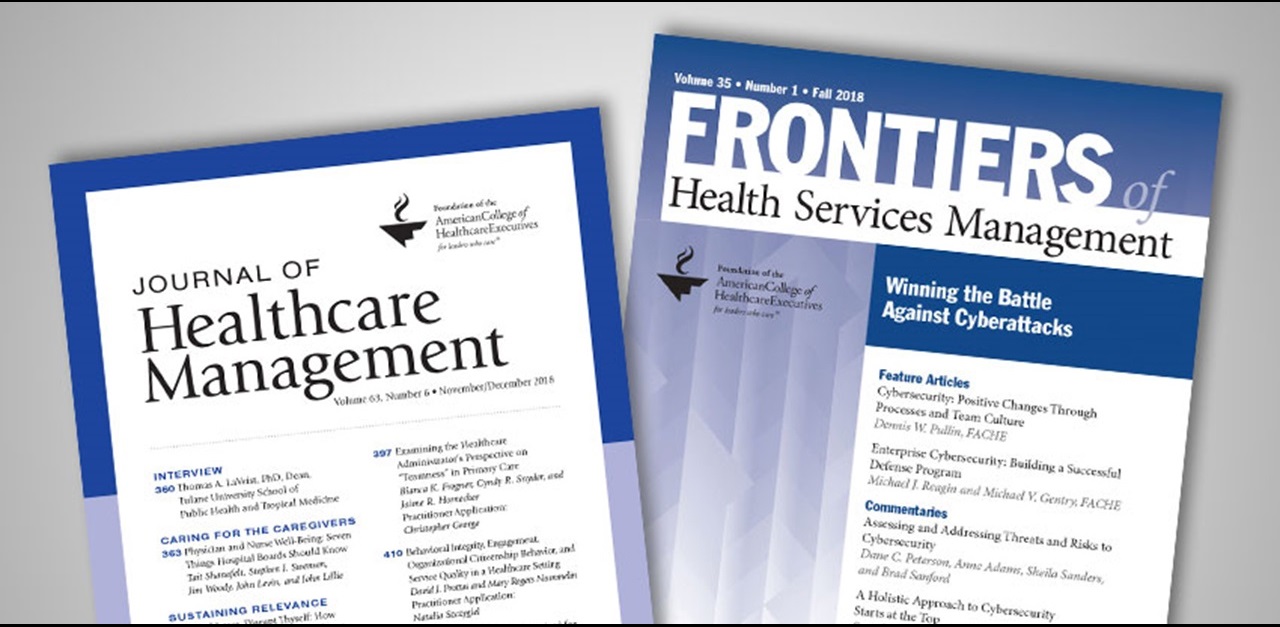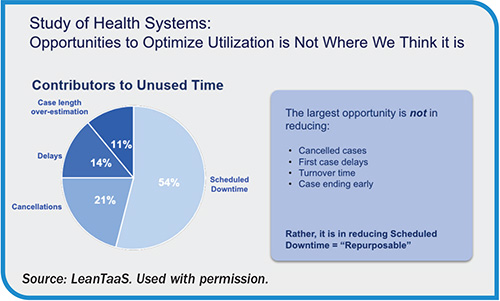The rise of AI in radiology—and what the future holds

When it comes to the adoption of artificial intelligence (AI) in medicine, radiology is leading the charge. As of May 13, 2024, the US Food and Drug Administration (FDA) had approved nearly 900 AI- and machine learning (ML)-enabled devices, and the vast majority of them are in radiology. One example…
AI model helps predict patient decline, drive collaborative care

Editor's Note An AI prediction model that uses near-real-time data to generate a patient risk score shows the promise of AI for helping physicians and nurses coordinate on patient care, according to findings published March 25 in JAMA Internal Medicine. Performed by researchers at Stanford Medicine, the study examined an…
Artificial intelligence (AI) captures uncertainty in medical scans

Editor's Note Artificial intelligence (AI) is a useful tool for helping clinicians to determine health problems from medical imaging, but AI often provides just one answer, when there may be a number of possible interpretations. Now, researchers from MIT, the Broad Institute of MIT and Harvard, and Massachusetts General Hospital…
Study deems EHR manipulation “elephant in the room” for OR scheduling accuracy

Editor's Note Reducing surgeon manipulation of electronic health record (EHR) OR scheduling systems can improve efficiency, save resources, and enhance service to patients, according to data published in the March/April issue of the Journal of Healthcare Management. Although predictive models using EHR and machine learning improve accuracy compared to traditional…
Machine learning study shows AI’s potential for predicting kidney transplant outcomes

Editor's Note: Artificial intelligence (AI) leveraging machine learning (ML) and natural language processing (NLP, a subset of machine learning) models can help identify donors with kidneys unsuitable for organ transplant, according to a study published November 1 in Jama Surgery. Despite the unmet need, many deceased-donor kidneys are discarded or…
Balancing the demand for OR time with resource utilization

ORs are a key revenue driver for hospitals, with surgical services accounting for nearly half of hospital margins. Efficient use of OR time is therefore critical to sustaining and growing hospital revenue and profitability. Perioperative leaders face an ongoing challenge in optimizing OR utilization, however, because of the common mindset…
AI tool can ID pediatric patients at risk of blood clots
Editor's Note An artificial intelligence (AI) tool called CLOT (Children’s Likelihood of Thrombosis) developed at Vanderbilt University Medical Center accurately identified pediatric patients at high risk for blood clots in a clinical trial. The findings were reported in JAMA Network on October 13. The researchers analyzed the electronic health records…
Study evaluates the effectiveness of predictive AI in healthcare settings, identifies shortcomings
Editor's Note Implementing predictive AI models in healthcare settings can alter the baseline assumptions the models were trained on in ways that cause the models to perform worse, according to a recent simulation study published on October 6 by the Annals of Internal Medicine. The study analyzed 130,000 critical care…
AI, analytics help match anesthesia supply to surgical demand

While demand for OR services can be unpredictable, supply is largely fixed—well below the baseline for many hospitals and health systems. The ability to match supply and demand within perioperative services is critical to efficient ORs, as hospitals and health systems must operate with constrained staffing and anesthesia resources. On…
Preventing culture shock with a new approach to block time
The passage of the Health Information Technology for Economic and Clinical Health (HITECH) Act in 2009 brought electronic health records (EHR) to the forefront, but the concept existed long before that. Larry Weed and Jan Schultz at the University of Vermont developed a preliminary system in the 1970s. In 2014,…

 Free Daily News
Free Daily News